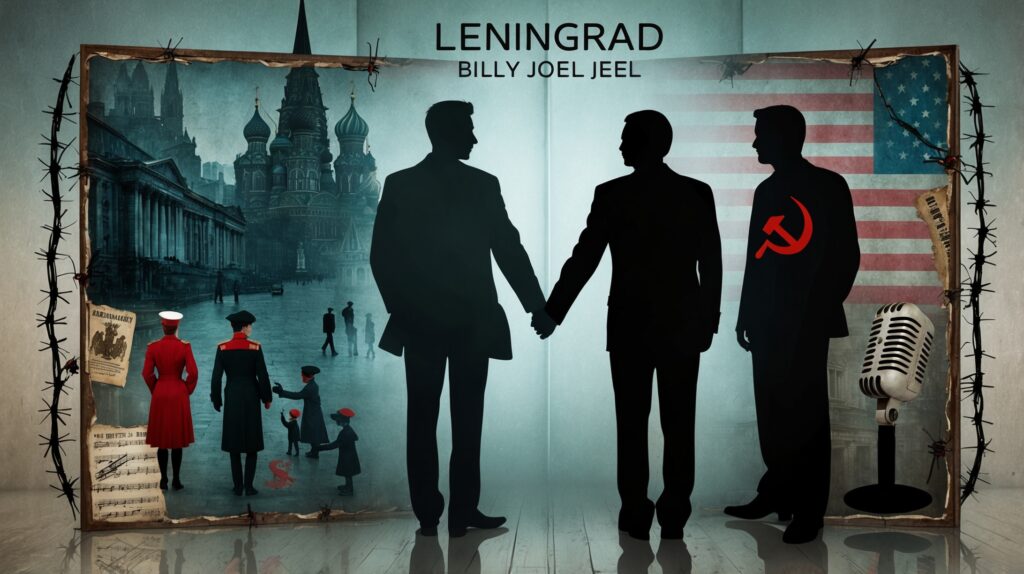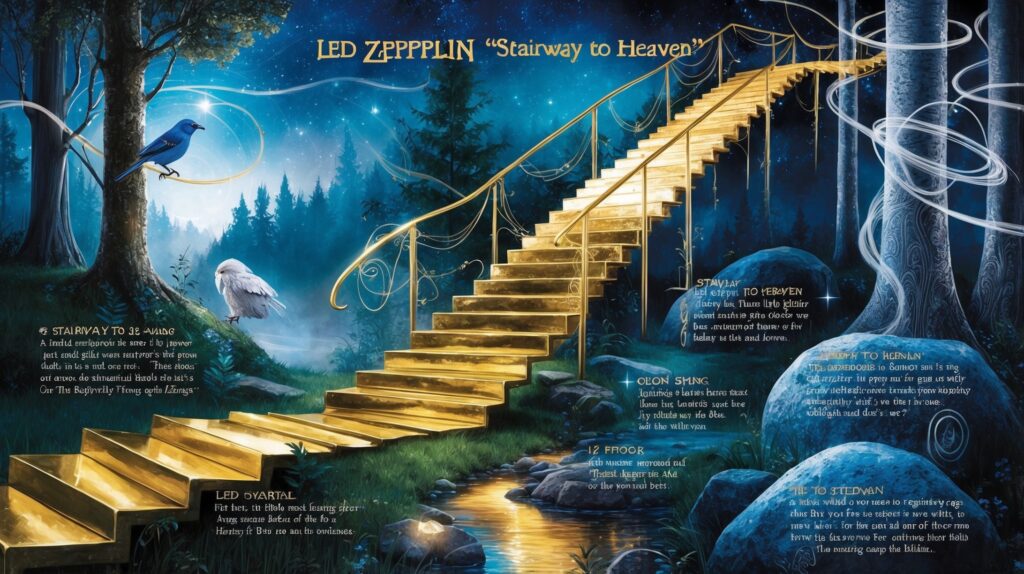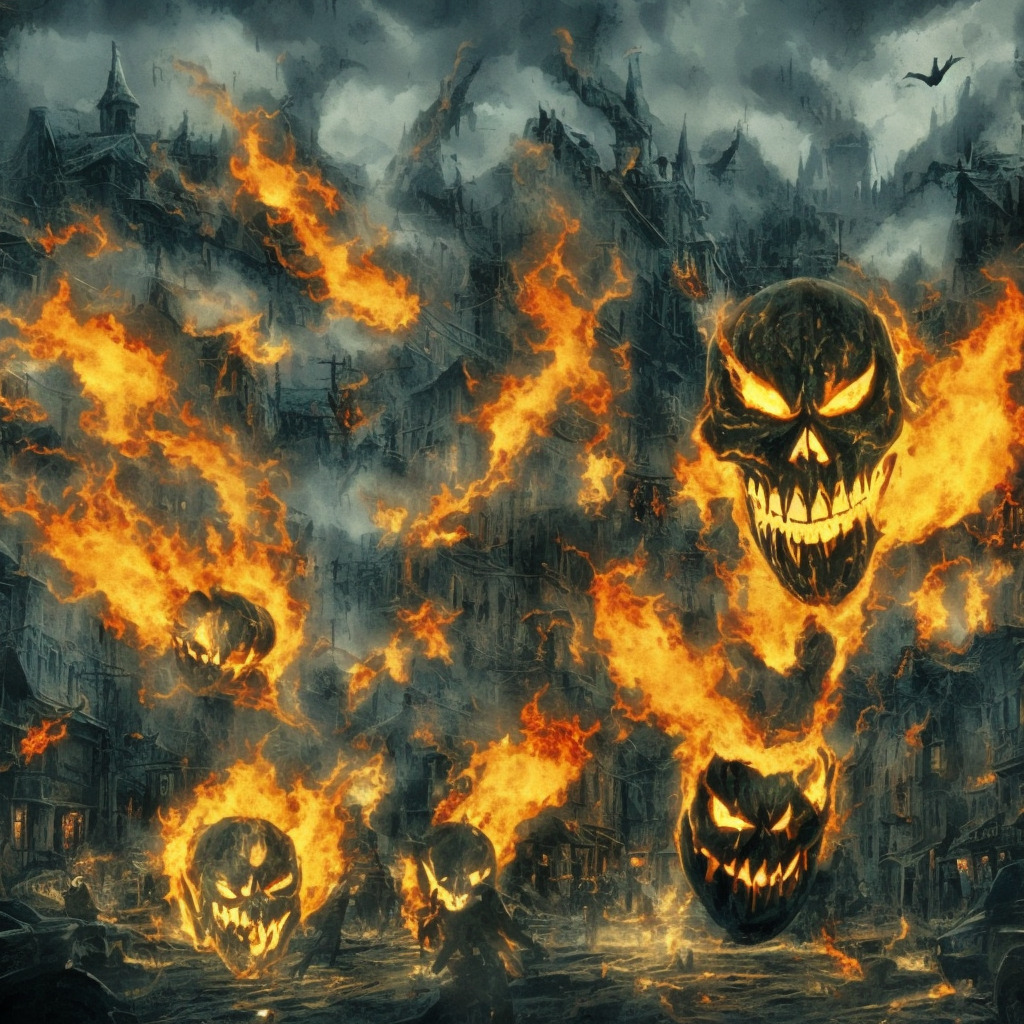Billy Joel: The Voice of a Generation
Explore Billy Joel, the artist behind ‘Leningrad,’ as he weaves personal and historical narratives into compelling music during a pivotal moment in global history.

Billy Joel, often called the ‘Piano Man,’ has long been a significant figure in the music industry, known for his evocative storytelling and melodic prowess. ‘Leningrad’ stands out as an exemplar of his capability to narrate history through song, offering a poignant glimpse into the Cold War era from a distinctly personal perspective. Released during a time when the world was tiptoeing towards the fall of the Iron Curtain, this track underscores Joel’s unique ability to intertwine personal experience with broader historical themes.
Joel, born in 1949 in the Bronx, New York, began his career in the late 1960s and quickly established himself as a masterful singer-songwriter. His early years were marked by a diverse array of influences, from classical to rock and roll, which he deftly blended into his own unique style. By the time ‘Leningrad’ was released in 1989, Joel had already cemented his place in musical history with numerous hits. This song reflects a mature artist looking at the global stage and placing himself within it, drawing upon his experiences touring the Soviet Union in the mid-1980s, a groundbreaking move for an American artist at the time.
During the period of ‘Leningrad’s’ release, Joel collaborated closely with musicians who shared his vision, lending a rich, orchestral sound to this and other tracks on the album. The song was part of Joel’s ‘Storm Front’ album, a collection that showcased both his lyrical depth and his willingness to experiment with new musical directions. Its release was met with both critical and commercial success, reaffirming Billy Joel’s role as a vital part of the contemporary music scene.
The Visionary Behind ‘Leningrad’: Billy Joel’s Compositional Genius
Explore Billy Joel’s role as the composer of ‘Leningrad,’ delving into his musical style, influences, and the unique interplay of music and lyrics in this iconic track.

Billy Joel is not only a renowned singer-songwriter but also the brilliant composer behind the evocative track ‘Leningrad.’ With a career spanning several decades, Joel’s foray into music began at an early age, influenced by the rich tapestry of genres that characterized the late 20th century. He grew up on Long Island, New York, where his exposure to classical music, jazz, and rock shaped his unique sound. His early career was marked by a deep dedication to honing his craft, which eventually earned him widespread acclaim and numerous accolades.
Joel’s musical style is an eclectic blend of various genres, including pop, rock, and classical music, which have contributed to his distinct sound. Known for his storytelling abilities, he draws inspiration from personal experiences, historical events, and cultural shifts. In ‘Leningrad,’ for instance, Joel weaves his observations and reflections on the Cold War era into a poignant narrative, highlighting the common humanity between East and West.
In ‘Leningrad,’ Joel played a pivotal role not only as the composer but also as the lyricist. His ability to interlace music and lyrics creates a seamless interplay that enhances the song’s emotional depth. Through a combination of melodic piano lines and heartfelt lyrics, Joel captures the essence of friendship, peace, and understanding. His signature style is evident in the way the song’s composition mirrors its narrative arc, creating a powerful and enduring piece that resonated with audiences worldwide.
Accolades of ‘Leningrad’: Celebrating a Moving Ballad
While not laden with traditional awards, ‘Leningrad’ by Billy Joel has made its mark as a powerful narrative piece, resonating deeply with listeners as a historical and personal journey.

‘Leningrad’ by Billy Joel, while not as commercially celebrated as some of his other hits, stands out for its poignant storytelling and emotional depth. Though it didn’t garner traditional music awards, its impact is felt through the resonance with listeners and its role in solidifying Billy Joel’s reputation as a masterful singer-songwriter.
In terms of covers, ‘Leningrad’ hasn’t seen significant reinterpretations by mainstream artists, which might be attributed to its deeply personal and narrative-driven lyrics. The song captures a unique moment in history, making it somewhat of a sacred piece within Billy Joel’s discography.
Although ‘Leningrad’ hasn’t been featured prominently across movie soundtracks or popular TV shows, its influence lies in its ability to serve as a historical snapshot, providing insights into the relationship between East and West during the Cold War. It remains a cherished track for many fans of Joel, offering a unique listening experience that enriches the listener’s understanding of global history and personal struggles during that era.
Chart Trajectory and Reception of ‘Leningrad’
Despite not reaching high chart positions, Billy Joel’s ‘Leningrad’ carved out its success through international acclaim and thematic resonance, marking its distinct legacy in his discography.
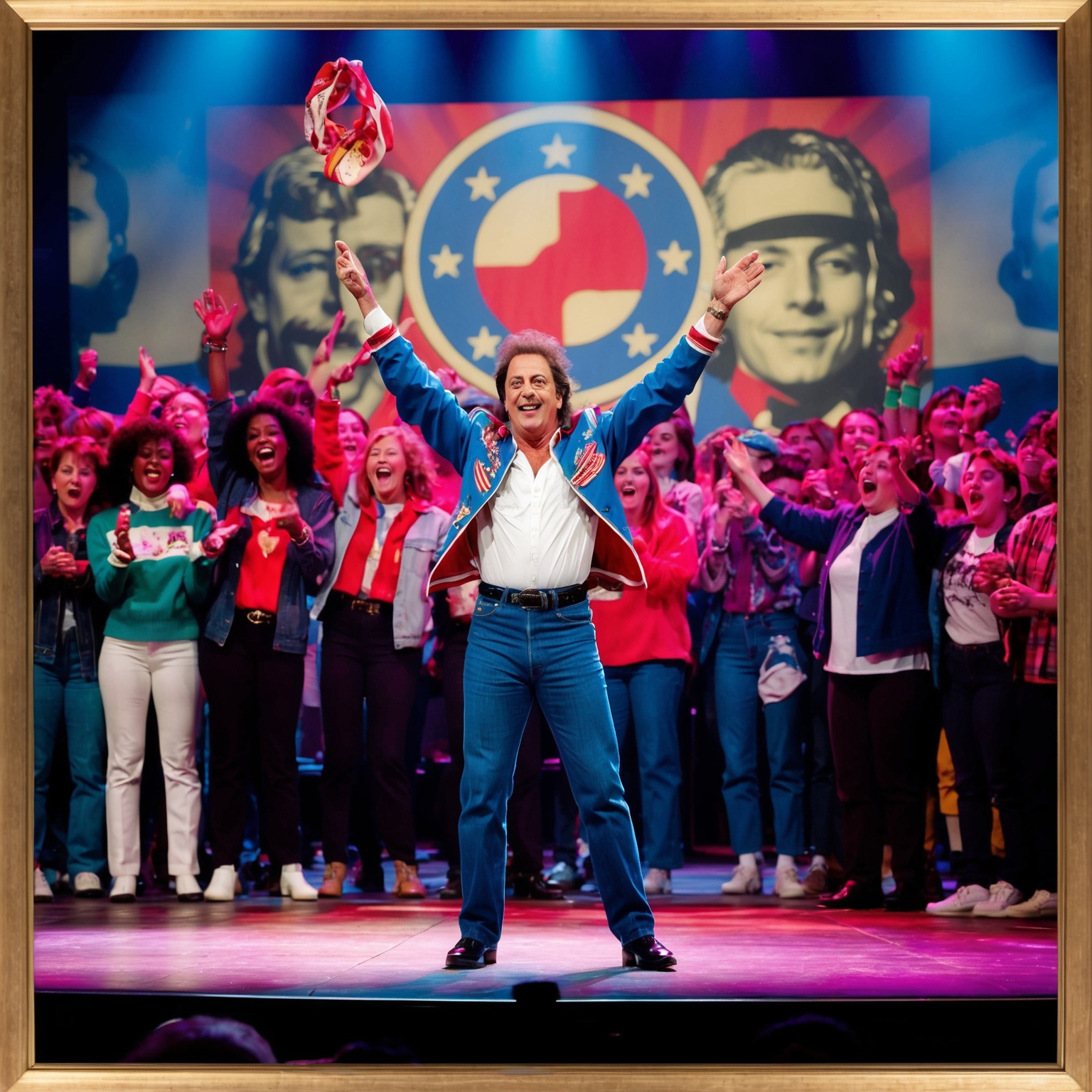
Released as part of Billy Joel’s 1989 album Storm Front, the song ‘Leningrad’ mixed poignant storytelling with a deep historical consciousness, yet it did not secure a strong position in the mainstream pop charts. Rather than being propelled to the top like some of his previous hits, ‘Leningrad’ found a modest berth, garnering appreciation more for its lyrical significance and emotional depth than for dominating airwaves around the globe. This positions the track somewhat uniquely in Billy Joel’s discography, highlighting his versatility as an artist sensitive to narrative and theme.
As ‘Leningrad’ was not released as a single in the U.S., it did not chart on the Billboard Hot 100, but it did enjoy a warm reception internationally, climbing the charts in various Western European countries. This international interest underscored the track’s universal themes and the global resonance of its story involving the Cold War era. Compared to the more commercially palatable tracks from Storm Front, ‘Leningrad’ was perhaps notable for its thematic departures rather than its chart success.
The release strategy for ‘Leningrad’ involved leveraging its thematic strength, with performances characterized by emotional storytelling which resonated with audiences familiar with global political tensions. Public and critical reception often hailed it as a bold, meaningful piece in Joel’s repertoire, with some reviewers pointing out its introspective take as a standout element. Although its cultural impact may not have rivaled chart-topping successes, it contributed to discussions around music and politics, cementing its legacy as a poignant narrative piece. Fans appreciated the depth of ‘Leningrad’, often highlighting it in forums as a powerful representation of Joel’s ability to weave personal and historical narratives through music.
Visual Storytelling: The Musical Journey of ‘Leningrad’
While lacking an official music video, ‘Leningrad’ by Billy Joel has inspired fan-made videos and live performances that bring its Cold War narrative to life, capturing the song’s emotional essence and historical context.
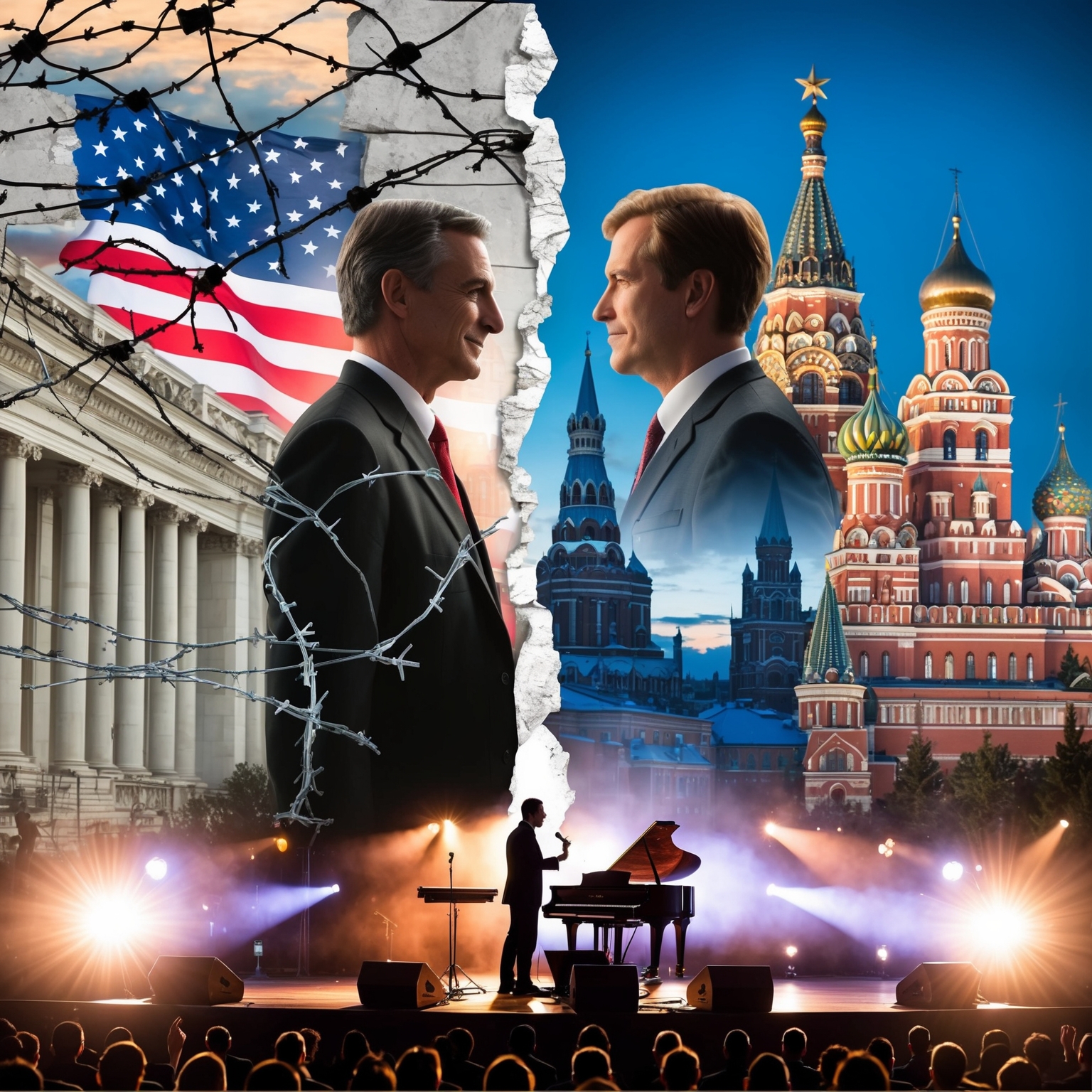
While Billy Joel’s ‘Leningrad’ does not have an official music video, its captivating narrative has inspired numerous fan-made videos and live performance recordings that bring the song’s poignant themes to life. These visual interpretations often emphasize the cultural and historical context of the song, vividly portraying the parallel lives of a Soviet man and the American artist during the Cold War era.
One of the most noteworthy fan videos features a montage of historical footage intertwined with segments from Joel’s live performances. These edits highlight the emotional depth of the song, by showcasing images of ordinary people and the grand, dramatic backdrop of the Cold War. Another common motif in fan videos is the focus on the personal connection between Joel and Viktor, the Leningradian he befriends, deepening the song’s underlying message of common humanity transcending political divides.
The live performances, often available on platforms like YouTube, add another dimension to the song’s narrative. Billy Joel’s passionate delivery and occasional anecdotes about his experiences in Leningrad enhance the authenticity and raw emotion of the composition. These versions not only keep the audience engaged but also contribute significantly to sustaining the song’s enduring popularity over the years.
Unveiling the Musical Blueprint of ‘Leningrad’
Discover the intricate structure of ‘Leningrad’, exploring its key, tempo, melody, and instrumental contributions that make this Billy Joel classic a narrative masterpiece.
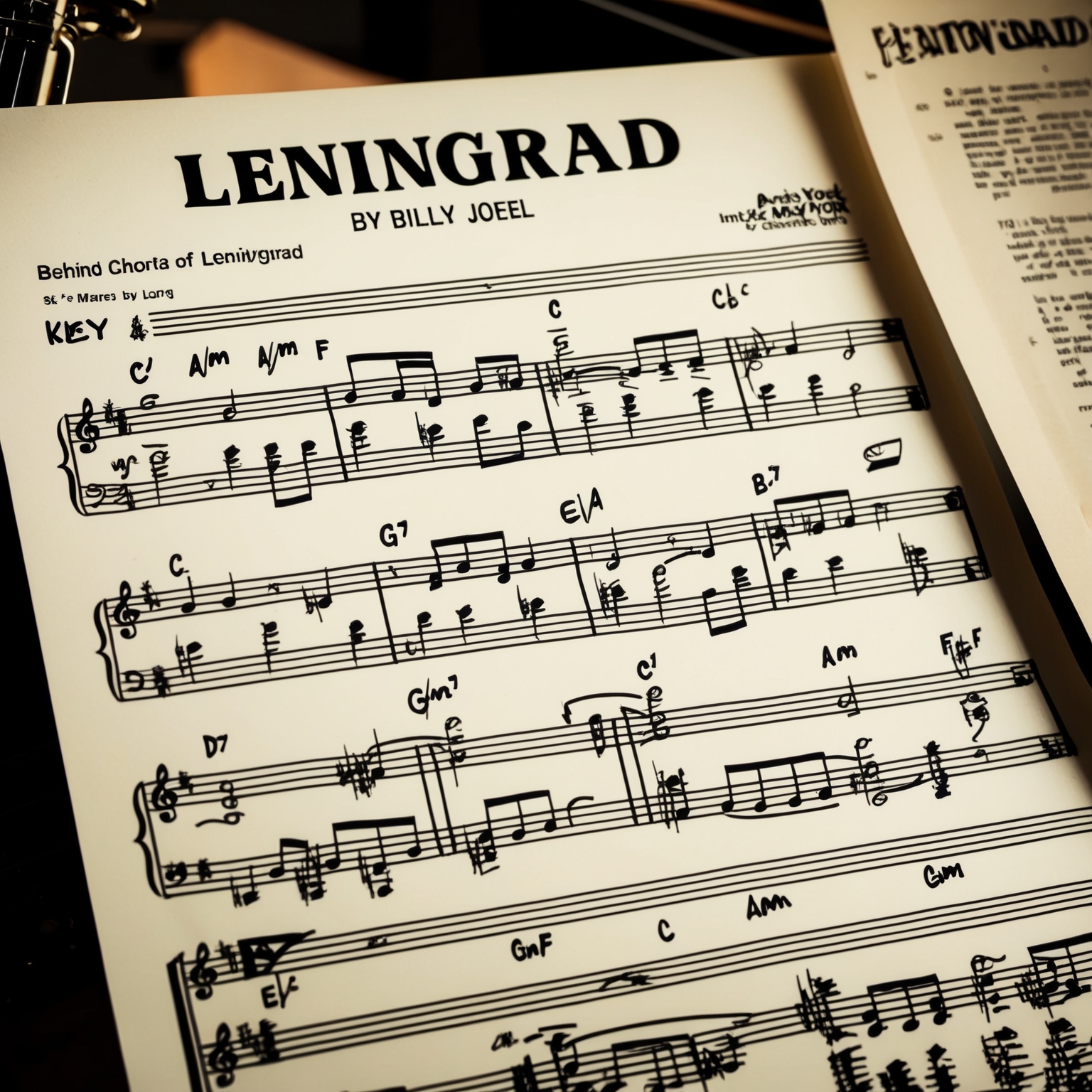
‘Leningrad’ by Billy Joel is a masterful blend of melody and storytelling that resonates deeply with its listeners. The song is written in the key of C Major, which is known for its bright, clear sound. This choice of key complements the poignant narrative, allowing the music to enhance the emotional depth of the lyrics. The song’s chord progression is primarily composed of C, G, Am, and F chords, which creates a harmonic structure that is both accessible and emotionally evocative.
The tempo of ‘Leningrad’ is set at a moderate pace, fitting the reflective nature of the lyrics. This balance allows the listener to absorb the story as it unfolds, without feeling rushed. The rhythm section maintains a steady beat, providing a solid backbone for the melodic and harmonic elements.
The melody of ‘Leningrad’ is both memorable and emotive, combining lyrical phrasing with instrumental interludes that enrich the storytelling. The harmony is lush, often layering synthesizers to create a fuller, more immersive sound. Joel employs a variety of instruments, including the piano, saxophone, and drums, each contributing to the song’s unique soundscape. The saxophone, in particular, adds a layer of soulful reflection that enhances the song’s emotional weight.
In the context of Billy Joel’s discography, ‘Leningrad’ stands as a poignant narrative piece that reflects a moment of historical and personal significance. Compared to earlier works, the song showcases an evolution in Joel’s thematic maturity, where he combines his knack for storytelling with historical introspection.
The recording of ‘Leningrad’ took place in a New York studio, known for its excellent acoustics and state-of-the-art equipment. Billy Joel, along with producer Mick Jones, aimed to capture the song’s emotional essence, resulting in a track that is both technically impressive and deeply affecting. Anecdotes from the recording sessions reveal Joel’s dedication to authenticity, including late nights perfecting the balance between the narrative and musical elements.
Unfolding the Stark Realities in Joel’s Lyrical Landscape
Billy Joel’s “Leningrad” weaves a deeply personal and political tale of Soviet life through evocative storytelling and powerful literary devices.
The spring of ’44
And never saw
His father anymore
A child of sacrifice
A child of war
Another son who never had
A father after Leningrad
Went off to school
And learned to serve his state
Followed the rules
And drank his vodka straight
The only way to live
Was drown the hate
The Russian life was very sad
…
******* This Lyrics is NOT for Commercial use *******

Billy Joel’s “Leningrad” paints a poignant picture of the life of a Soviet man named Victor against the stark backdrop of Cold War tensions. The song’s lyrics delve deeply into themes of war, loss, and resilience, capturing a personal and political narrative that mirrors the era’s cultural climate. At its core, “Leningrad” is a human story set amid vast geopolitical landscapes, a portrayal of both universal and uniquely Soviet experiences through the lens of individual struggle and perseverance.
The narrative told in “Leningrad” is striking for its first-person introspection and vivid storytelling. Joel crafts the tale of Victor, whose life is shaped by sacrifice from as early as his birth in the turbulent spring of 1944. This personal journey, as described in the lyrics, offers a clear storyline reflecting the harsh realities faced by those growing up in post-war Russia. This biographical narrative is embellished by Joel’s empathetic viewpoint, offering listeners a rare window into a world of emotional depth and cultural nuance. This narrative approach lends itself to profound reflection and adds a touching element to the song.
Joel employs a range of literary devices to enrich the lyrical tapestry of “Leningrad.” The use of metaphors and stark imagery invites listeners to feel the hardships of Russian life. For instance, phrases like “drown the hate” suggest not only a coping mechanism but also an underwater suffocation, symbolizing the crushing pressure of Soviet life. This use of language not only conveys the emotional weight carried by the characters but also connects the listener deeply to the profound sadness that permeates the song’s atmosphere. The sparse yet powerful wordplay reinforces the idea of endurance, a theme resonant with listeners across cultures, linking personal suffering with broader political struggles.
🎹 Did you know? Billy Joel’s Leningrad was inspired by his groundbreaking tour in the Soviet Union! A melody that bridges East & West! 🌍🎶 #BillyJoel #Leningrad #MusicTrivia #ColdWarMusic https://bit.ly/41ixQqd
Click to Tweet

